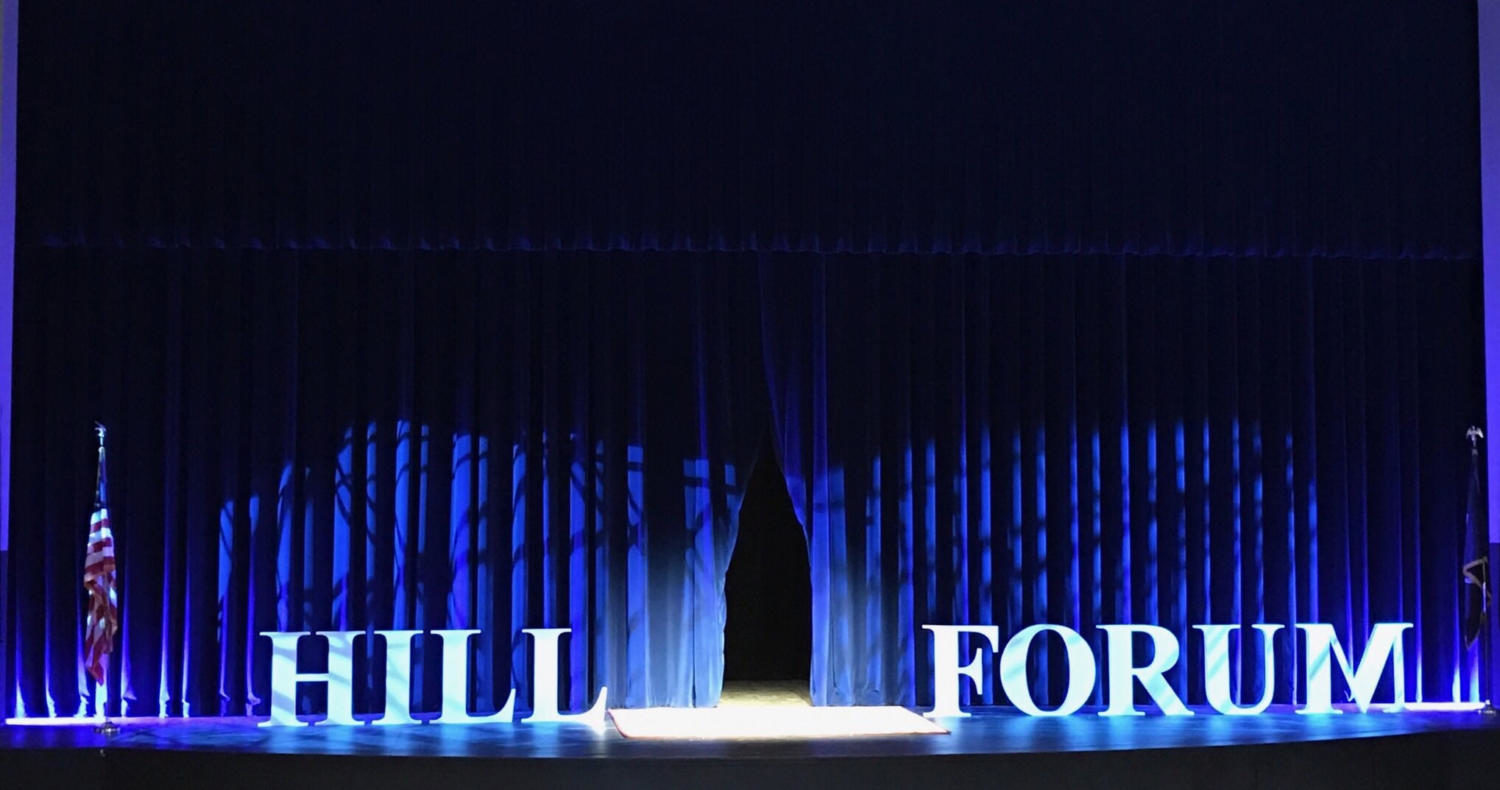My roommate and I woke to the deafening sound of sirens outside our windows. I had just moved to Rolfe, a dorm along the southern border of Hill’s campus and neighboring High Street.
The siren was a wakeup call; I realized that I lived in a world split into two: on one side, I listened to friends discussing chapel talks, complaining about dining hall food, and guessing potential dates for Sadies; on the other side, I caught glimpses of a different world, one incredibly real yet remote and unfathomable to me.
I juxtaposed this new experience with my 3rd form year in Dell Village, a place where I could hear the geese quacking and Dell water drizzling in between the reeds.
It almost gave me, along with most of the boarders at Dell, an illusion, that the world was just an amplified version of Hill, where the worst thing that could possibly happen was being misunderstood by friends, or going to the dining hall alone, a place where you got to see the clouds melt into a mad palette every day.
I started to ponder other parts in my life that I had been unaware of. The real question, I think, that lies under this realization is, how much of the reality are we choosing to ignore in a bubble that we create in order to preserve our false fantasies about this world?
The world has been divided by class, gender, nationality, political party … We’ve become attached to our labels.
People scream at each other to prove that one side is better than the other, yet we never truly try to listen to one another.
We assume that our experience represents that of the rest of the world, but seek desperately to share with others the treasures of our heart at the same time.
So we become lonely, side by side but not together, unable and unwilling to know our fellows and unknown by them.
So how do we look beyond our own bubbles? What do we need to do in order to understand another human being?
There is a series of cartoon pictures of a person climbing up a ladder made of books. When he is on the ground, he can only see a beautiful image of the field and the sky on a curtain. Therefore, he perceives the world as it is on the image. When he steps on the ladder, he realizes that it was only a curtain, and the truth behind the curtain is a world of ashes. As he keeps climbing, this person gets to the sky of the contorted world and reaches his head above the gloomy clouds. He then sees the splendid sunlight gleaming on the far end of the horizon. The books, which enable him to unveil layers and layers under the surface, tell stories of the places that one has never been to, and connect one with the people that he has never met. The stories of the truth that we never know are the intangible power that drive us to reach for something beyond our sight and to become someone greater than ourselves. Stories allow us to feel this world in the same way as the storyteller does, despite the little similarity we share, because we all resonate with human conditions. Every one of us.
In 2015, Hill Forum was initiated to provide a platform for students to build an empathetic connection with each other as a community through storytelling. Four passionate speakers shared their unique stories on stage. Edrees Feda ‘17 shared his journey of searching for his identity between his Colombian and Afghan roots. Mert Arslanoglu ‘17 talked about his contemplation on humanity’s capacity to love after witnessing an explosion in Istanbul. Esther Ochoa ‘17 revealed the situation of a Hispanic identity in rural Oklahoma, whereas Breana McDonald ‘16 shared her experience of growing up in Brooklyn, fighting against discrimination.
It was these breathtaking stories that opened my eyes to observing and exploring a world that I had never seen. It was these stories that brought me closer to people I had never met. It was these stories that made me realize that there were many more stories that remained untold, even just in our own Hill community.
Hill Forum continues to bring the community together by addressing the power of storytelling. 2017-18 Hill Forum will be held on January 25, during all school meeting period.
Let us take the opportunity to better understand and explore Hill’s diversity: it doesn’t just come from the considerable international student percentage shown on the Hill School infographics. It doesn’t just come from our different races, genders, or religious beliefs. It comes from the stories that each of us carries – that is what makes our community so special.
Let us use these stories as the axe for the frozen sea within us.
Let us use them to break the barriers between mankind, and use love as the way, the only way, to share the treasure residing in every one of us.

























